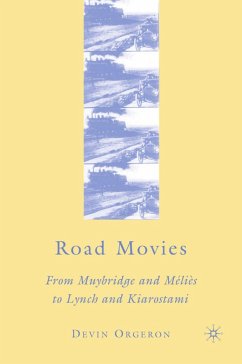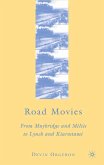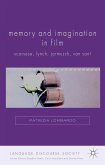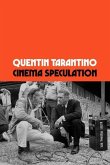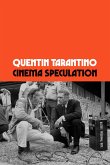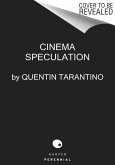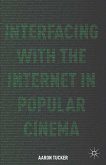Road Movies engages with two foundational twentieth century technologies: cinematic and automotive. It is a book about road movies, a genre burdened by its own seductiveness. It is also, however, a book about images of human mobility more generally and the social function those images have served.
"A theoretically sophisticated and deeply considered study of the road movie. Drawing on a wide range of scholarly perspectives, Orgeron explores well-known works from major directors, and covers the history of the cinema from the time of Muybridge and Lumière to the contemporary period. His thorough scholarship and talent as a writer makes this an important book. With a bold and nuanced argument, Orgeron successfully links the stylistic development of the cinema and its growing cultural influence to the constellation of themes associated with the road." - Robert J. Burgoyne, Wayne State University
"Starting with strikingly original readings of Eadweard Muybridge s motion studies and of various silent films that depict automobile journeys, Orgeron s Road Movies argues that the cinema s analogous relation to the automobile as turn of the 20th century technologies of transportation and entertainment spectacle is in many cases an inverse one, as accelerated forward motion often leads to disaster, with equilibrium only recuperated with an abandonment of automobility and a return to the safely rooted domestic sphere. Throughout the rest of the book, he again and again disputes the accepted wisdom that the road equals an existential freedom and points to countervailing discourses in even such iconic road texts as Easy Rider, discourses that point to the way the road promotes the fragmenting of community and the negation of language as a meaningful medium of connectionand communication. A daring and provocative study." - Ina Rae Hark, University of South Carolina; Co-editor of The Road Movie Book
"Starting with strikingly original readings of Eadweard Muybridge s motion studies and of various silent films that depict automobile journeys, Orgeron s Road Movies argues that the cinema s analogous relation to the automobile as turn of the 20th century technologies of transportation and entertainment spectacle is in many cases an inverse one, as accelerated forward motion often leads to disaster, with equilibrium only recuperated with an abandonment of automobility and a return to the safely rooted domestic sphere. Throughout the rest of the book, he again and again disputes the accepted wisdom that the road equals an existential freedom and points to countervailing discourses in even such iconic road texts as Easy Rider, discourses that point to the way the road promotes the fragmenting of community and the negation of language as a meaningful medium of connectionand communication. A daring and provocative study." - Ina Rae Hark, University of South Carolina; Co-editor of The Road Movie Book

